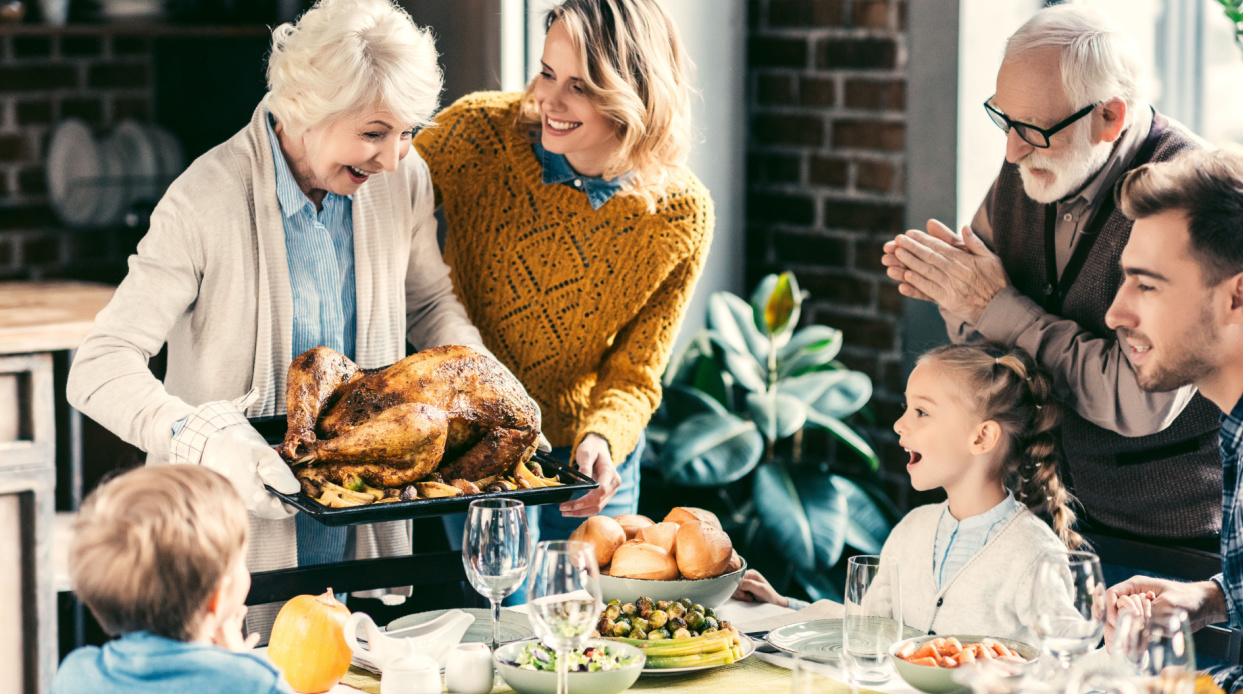
Understanding When Ritual is SpiRITUAL for Seniors
Throughout history, rituals and ceremonies have played a central role in spiritual life and the collective consciousness of societies. This post examines these practices and explores their impact on the spiritual well-being of individuals and their communities.
Rituals, those everyday practices that shape our routines, are woven into the very fabric of our existence. In the recent Scientific American article “Why Rituals Work,” researchers explored the profound effects that rituals have on the human psyche. Their work reveals the cognitive, emotional, and social implications that render common rituals and ceremonies indispensable to our well-being — especially for seniors.
The Neuroscience of Rituals
Research into the significance of rituals reveals solid evidence of how rituals affect our brains. Our brains seek order and routine, and the structured nature of rituals fulfills that need. Recent studies in neuroscience show that participating in rituals triggers the brain’s reward systems, leading to the release of dopamine, which activates feelings of happiness and contentment.
A study from the University of California, Berkeley, reveals how rituals can increase an activity’s perceived value. By creating predictability and a feeling of control, rituals can reduce anxiety and improve experiences, whether it’s enjoying a morning coffee or getting ready for an important meeting.
The Role of Rituals in Emotional Regulation
Beyond the chemical reactions in the brain, rituals play a key role in emotional regulation. During moments of stress, uncertainty, or grief, rituals provide a stabilizing force and a source of comfort. The University Study demonstrated the important role of rituals as emotional anchors, offering seniors solace while guiding them through life’s uncertain journey.
The UC Berkeley Study introduced the concept of “transitional rituals,” which are performed during important life transitions such as weddings, funerals, or graduations. These rituals help people process their emotions and navigate through life changes more smoothly. Transitional rituals significantly contribute to emotional well-being and resilience by providing symbolic structures for understanding change.
Creating Social Bonds through Rituals
Rituals are not solitary pursuits; they thrive in communal spaces of human interaction. The Scientific American article underscores the social dimension of rituals, highlighting their role in fostering a sense of belonging and unity within communities. Rituals, from religious ceremonies to family traditions, emerge as potent instruments for building and fortifying social bonds.
Anthropological research, as cited in the article, suggests that shared rituals play a pivotal role in cultivating trust and cooperation within groups. Engaging in collective activities with shared symbolic meanings enables individuals within a community to forge a sense of identity and interconnectedness. This communal aspect of rituals transcends immediate participants, forming a shared narrative that binds generations together.
Rituals in the Modern World
Some may question the relevance of rituals in an age characterized by rapid technological advancements and cultural shifts. However, according to the research published in Scientific American, rituals continue to hold significance in the modern world, albeit in evolving forms.
The emergence of “secular rituals” exemplifies this phenomenon. These non-religious, symbolic practices mirror the functions of traditional rituals. Whether it’s personal routines like mindfulness exercises or communal activities such as workplace team-building exercises, secular rituals offer individuals a sense of structure, meaning, and connection without strict religious or cultural associations.
The Adaptive Nature of Rituals
As the article unravels the science behind rituals, it becomes apparent that rituals are not mere remnants of the past but adaptive mechanisms deeply embedded in the human experience. Rituals serve essential functions for cognitive, emotional, and social well-being — important anchors in times of uncertainty. We can think of them as emotional balms and societal glue. Versatile and resilient, rituals evolve to meet the changing needs of individuals and communities. Understanding the underlying mechanisms empowers individuals to deliberately incorporate meaningful rituals into their lives, enriching their overall well-being.
Why do Rituals Work? unveils the cognitive, emotional, and social processes that underscore rituals’ potency. From the emotional solace and communal bonds they foster, rituals stand as adaptive expressions of our shared humanity. As we navigate the complexities of the modern world, rituals invite us to embrace their transformative potential for both individual and communal well-being.
Keywords: understanding the significance of rituals and ceremonies for seniors
Reader submissions may be lightly edited for clarity and length, while preserving the writer’s original voice.




